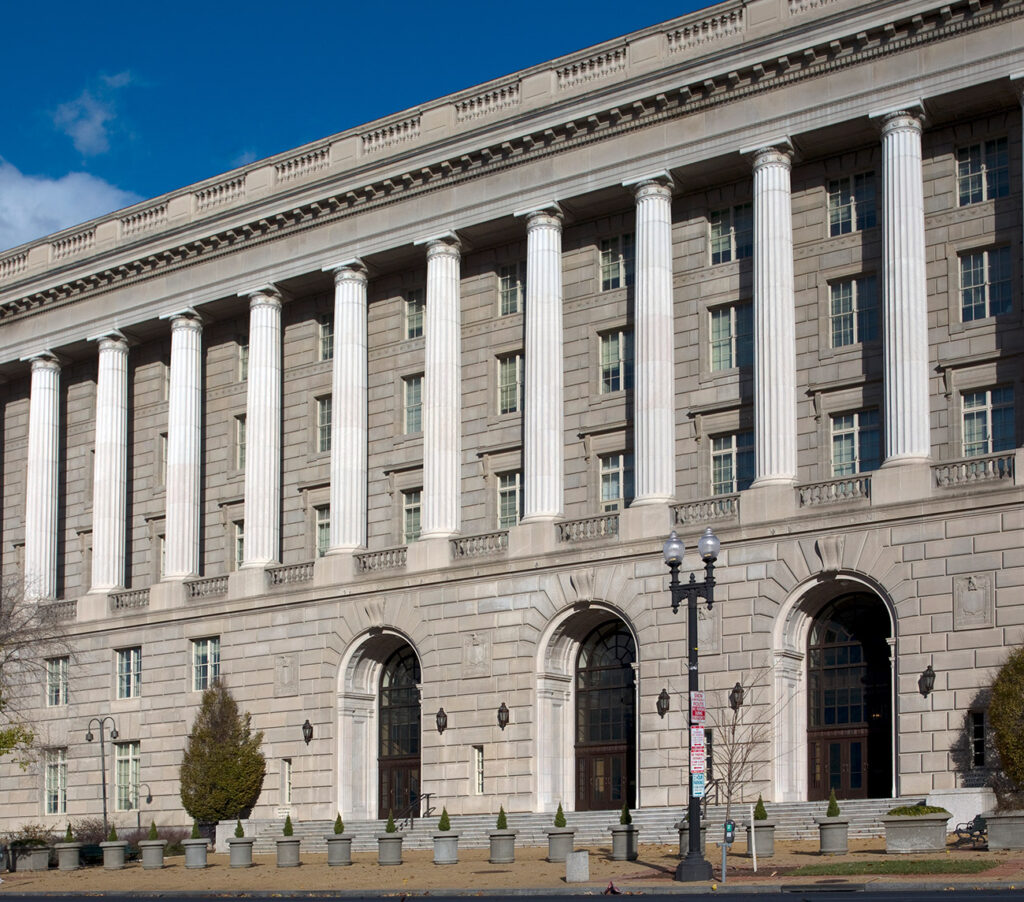What Happened?
Senators Amy Klobuchar of Minnesota and Deb Fischer of Nebraska announced that the Internal Revenue Service (IRS) will issue guidance clarifying that a public water system may replace lead service lines (LSLs) on private property without creating tax liabilities for the property owner. The League of Minnesota Cities released a draft guidance from IRS, saying that the agency will finalize it on March 11, 2024. IRS was reacting to a February 6, 2024, letter from those legislators and others from Georgia, Nebraska, Michigan, and Minnesota.
The draft guidance largely rests on the fact that a “public water system controls all or virtually all aspects of the replacement work.” It describes two situations: 1) when the system’s workers or contractors perform the work and 2) when the system reimburses the property owner or its contractor. IRS concludes that “the replacement of lead service lines under the programs described above does not result in income to the residential property owners under § 61 of the Internal Revenue Code.” The property owners’ financial need is not a factor.
Why it Matters
If a public water system’s decision to fund the replacement of an LSL on private property is considered as income, property owners will be hesitant to participate in the program to avoid increasing taxes they may owe. This hesitation would significantly undermine progress on replacing LSLs and undermine a key goal of the Bipartisan Infrastructure Law, which dedicated $15 billion for LSL replacement programs.
Our Take
We appreciate the leadership from the Hill on the issue and IRS’s quick response to resolve this issue. While it would seem obvious that there is no taxable income based on IRS’s General Welfare Exclusion, it is important to address questions raised in a timely and clear manner.
IRS has long interpreted the law to exclude from gross income “payments made under social benefit programs for promotion of general welfare.” Reducing exposure to lead clearly serves a public purpose as it improves children’s ability to learn and decreases adults’ risk of dying from cardiovascular disease. For more information on the exclusion, see an analysis by the Congressional Research Service. The exclusion is commonly used by local units of government receiving HUD’s lead hazard control or healthy homes grants. The interesting part of IRS’s new draft guidance is that it applies to all public water systems, even those that are owned by investors or are non-profits.

